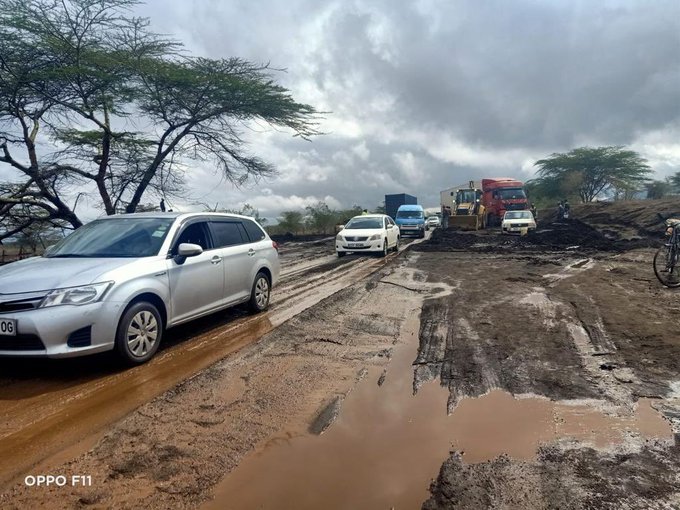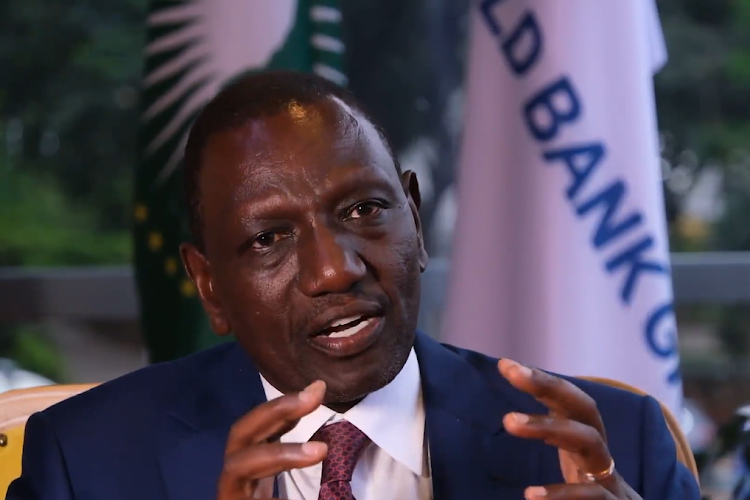Pubs, entertainment and restaurants owners now want the government to make public findings of the vetting process, amid what they term “continued harassment” by law enforcers and losses from closure of businesses.
Through their lobby–Pubs, Entertainment and Restaurants Association of Kenya (PERAK), they also want the state to provide adequate timeframe for businesses to engage manufacturers to recall the products said to be suspended, with compensation to the bar owners.
According to PERAK, the industry “has not heard any information” from the government regarding the outcome of the vetting process.
“We have remained in the dark on what steps the government has taken towards streamlining the alcohol licensing regime within the industry,” PERAK national chairman Michael Muthami said during a media briefing on Friday.
The absence of a clear direction, he said, has led to the continued closure premises run by legitimate alcohol manufacturers.
At the same time, traders within the sector continue to bear the brunt of harassment from County Security Agencies, who are said to have taken advantage of the confusion to constantly harass operators, in the guise that they are implementing a government directive to close all outlets selling various alcohol products.
“The result of this is that legitimate bar owners have become collateral damage in this entire process, where the government is not willing to come forward to offer clear guidelines and proper legal frameworks to protect legitimate businesses,” Muthami said.
The bar owners have also expressed concerns over the disregard of court orders by the government.
A case in point is the failure to adhere to the stay orders issued by the Kisumu and Taita Taveta High Courts, directing the government not to interfere with the daily operations of bars and other alcohol retail establishments.
“We find this move an affront to the country’s judicial mandate that if not respected, might lead to lawlessness and anarchy in trade,” Muthami said.
The government on March 6, through the Ministry of Interior and Administration of National Government , issued 25 directives under the “Government Action on Eradication Of Illicit Brews, Drug And Substance Abuse”.
Key among them was the suspension of all licenses and certification permits for second generation alcohol and alcoholic beverage distillers and manufacturers, issued by Kenya Revenue Authority (KRA) and Kenya Bureau of Standards (KEBS).
Additionally, all licensed manufacturers and distillers were to be vetted afresh within 21 days and subsequently, the suspended licenses of those who passed the vetting process would be restored, a move that PERAK now says has not been made.
According to Interior CS Kithure Kindiki, the vetting was to be conducted by a multi-agency committee, chaired by the Principal Secretary, Ministry of Interior, with National Authority for the Campaign against Alcohol and Drug Abuse (NACADA) as the secretary to the multi-agency committee.
Other measures were withdrawal of licenses of bars established within residential areas and around basic educational institutions, fresh verification of licenses of chemists and agrovets by the Pharmacy and Poisons Board and the Veterinary Medicines Directorate within 30 days.
The government has so far shut down 9,269 none-compliant liquor stores in the ongoing crackdown on illicit brews.
The closure of the premises took place between March 8 and March 31, 2024, data from the Ministry of Interior indicates.
Under the ongoing campaign, transportation of alcoholic drinks was also restricted to between 6am and 6pm, directives that were to be in place for 14 days.
“County security teams have started implementing requirements to brand distribution trucks and the restrictions stopping alcohol distribution by 6pm. This is illegal and impractical since distributors have one hour to deliver the products and get back to the depot since bars open at 5pm,” Alexander Mwonga, Director at PERAK urgued.
Bar Hotels Liquor Traders Association of Kenya (BAHLITA) had earlier warned that more than 27,000 alcohol selling joints faced closure over the countrywide crackdown on alcoholism.
BAHLITA national secretary general Bonface Gachoka warned that there are looming job cuts if no dialogue will be structured.
Currently the association has 54,000 members countrywide, employing 560,000 Kenyans.
The government’s directive, which has seen the closure of legitimate businesses, has also been criticised by manufacturers, who have raised concerns over a number of changes being pushed by the government.
The Kenya Association of Manufacturers (KAM), which represents 12 alcoholic beverage manufacturers, said the suspension of licenses and the introduction of new tough measures by the government, would lead to revenue losses and increase the cost of business.
Among decisions KAM has protested is the government’s directive to increase the minimum alcohol size from 250 milliliters (ml) to 750ml.











